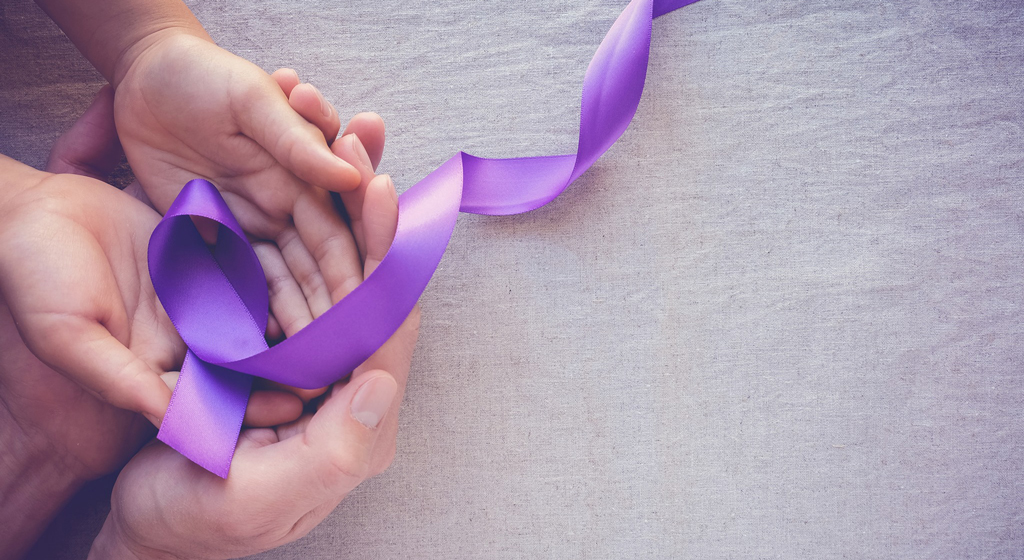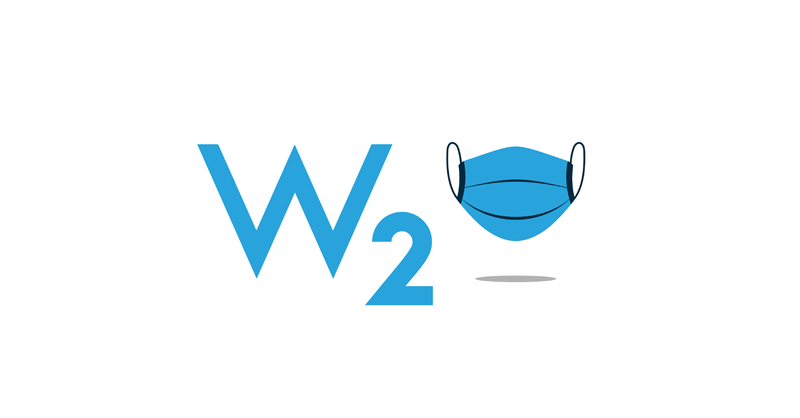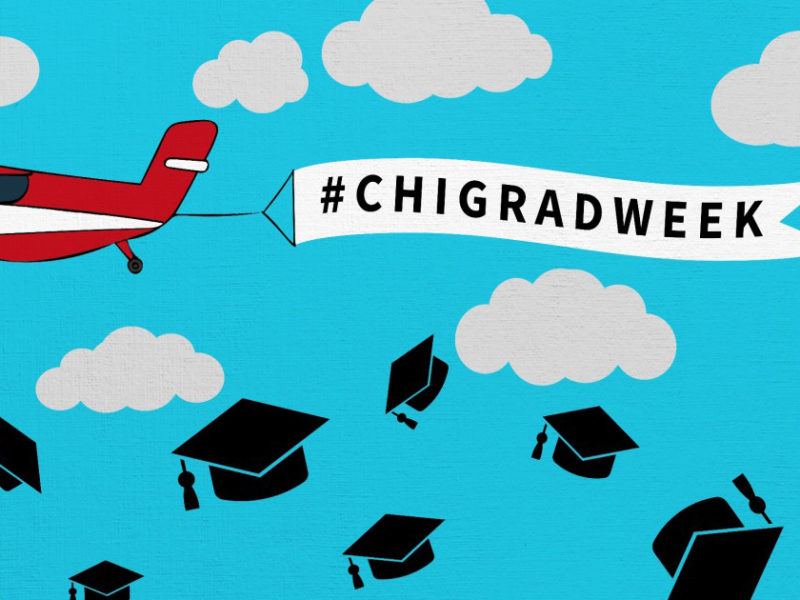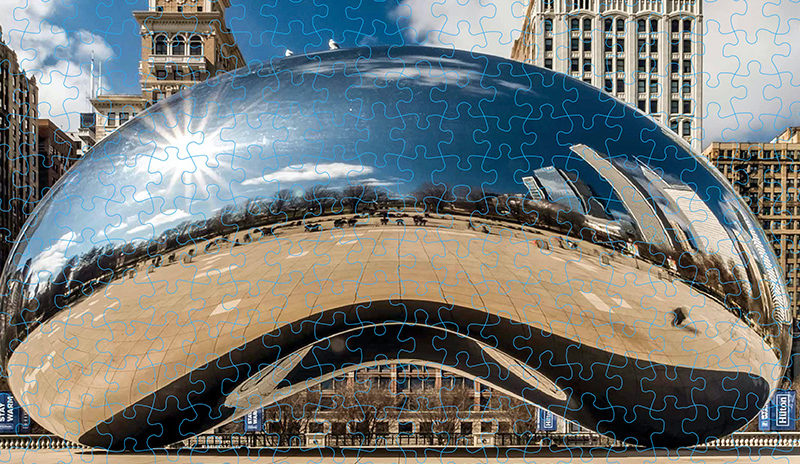
A New Direction Is Fighting Chicago’s Hidden Pandemic
COMMUNITY AREA #75: Morgan Park—A New Direction
Morgan Park is a neighborhood on Chicago’s far South Side best known for its tight-knit community, unique architecture, and its connection to Rotary International (also known as the Rotary Club), which was founded in the neighborhood in 1905. Morgan Park is the sort of place where everybody knows everybody, where neighbors socialize together, and where local businesses collectively support the vibrancy of the community.
When the pandemic hit, the residents of Morgan Park, like people everywhere, were immediately preoccupied with the medical emergency unfolding across the globe. They isolated themselves indoors, and the hum of the neighborhood went quiet. The hustle and bustle of Western Avenue went quiet, businesses along 107th street went dark.
With everyone at home fighting the threat of a global health crisis, a new epidemic of sorts took hold of communities around Chicago: domestic violence. Between March 15 and July 31 of this year—since people have been asked to stay in their houses longer—there were 541 reported cases of domestic violence in Morgan Park alone.
That’s where A New Direction comes in. For over a decade, A New Direction has provided the Morgan Park community with vital resources for confronting domestic violence, leveraging the intimacy of the neighborhood as a tool in their response.
We sat down with Jessica McCarihan, executive director of A New Direction, to learn more about how they approach the problem of domestic violence in Morgan Park, how the neighborhood’s unique character has informed their approach, and how this has helped them tackle the challenges posed by COVID-19.
Chicago Ideas: What impact does the intimacy of Morgan Park have on the work you all do? Better yet, how does the neighborhood’s unique character impact A New Direction’s approach?
Jessica McCarihan (JM): The intimacy of the Morgan Park community has a profound impact on the work A New Direction (AND) does. AND was created for the community, by the community.
The closeness of this community allows for word-of-mouth referrals to AND at a level that is greater than in other communities. There is also a certain level of trust that comes with this referral, which helps dispel the shame and increases the chances of families making the call to initiate services. Domestic violence is an issue that is difficult to discuss. Many victims experience feelings of shame when talking about the abuse they experience. AND prides itself on maintaining confidentiality, which is extremely important in such a tight-knit community.
The Morgan Park community has a very unique character. It is a supremely giving and supportive community. Residents want to help each other and look out for each other constantly. Many residents have deep ties with neighbors and friends, some going back decades. This helps promote safety and well-being in all aspects of life. These connections help AND network with other resource providers (mental health providers and attorneys, for example) and community organizations, and ultimately helps to break the cycle of violence. The financial generosity of such a close community allows AND to grow year over year and allows AND to increase the number of families served. AND receives zero government funding and relies on this unique character to help fulfill its mission.
CI: How has the impact of COVID-19 changed the work you all do / how you do it? How has it impacted its significance?
JM: All services are now provided virtually. The service providers moved to almost a 24/7 service model to accommodate client’s dynamic needs. Most clients were trapped at home with their abusers and were extremely limited when it came to reaching out for help. They needed to call when the abuser would leave the house, which was very rare during lock down, or when the client was able to take a walk and safely reach out.
Domestic violence is an epidemic and education is key to breaking the cycle.
The pandemic has made the work AND does even more important. Many victims may not have realized they were experiencing abuse until the pandemic hit. Many victims experienced heightened or new forms of abuse. The pandemic has contributed to increased substance abuse, anxiety, depression, and job loss, all of which can exacerbate domestic violence. Domestic violence services are needed now more than ever.
CI: What is the greatest misconception about domestic violence that you all confront in your work?
JM: The greatest misconception about domestic violence is that it only happens in certain communities. According to the National Coalition Against Domestic Violence, one in three women will experience intimate partner violence in her lifetime. Domestic violence happens in every community and knows no racial, ethnic, geographic, demographic, gender, or religious boundaries. There is also a misconception that domestic violence consists only of physical violence. Domestic violence can be physical, emotional, psychological, spiritual, financial, and sexual, and is usually a combination of one or more of these types of violence.
CI: You mentioned that while you usually rely on funding from small businesses in Morgan Park, COVID has changed things for you. What impact will that have on your org in the long term?
JM: AND is very fortunate to have had tremendous financial support from the community over the past ten years. Most of this support comes from small businesses. COVID-19 will undoubtedly affect the support AND typically receives. For instance, AND holds its annual fundraising gala in October and this event has been canceled. A substantial portion of AND’s annual revenue is generated through this event.
CI: Why does the work you do matter, particularly to constituents in the Morgan Park neighborhood?
JM: The work AND does matters in Morgan Park because domestic violence knows no bounds. It happens in this community and in every community and everyone deserves to be safe in their own home. Prior to AND’s inception, many members of the community did not realize there was even a need for domestic violence services. Now, with the awareness created surrounding the issue through AND’s outreach, more people feel comfortable reaching out and inquiring about services.
CI: How can people support your org or get involved?
JM: People can get involved by volunteering through our website, following us on social media, sharing social media content to create awareness, by making a financial contribution through our website and most importantly by telling friends, family members, neighbors and colleagues that they are not alone, it’s not their fault and that there is help available.
The 77 Project is a storytelling and media project presented in partnership with Xfinity to help redefine the narrative of Chicago’s neighborhoods from the inside out. By the end of 2021, we’ll tell stories of Chicagoans making a positive impact from each of Chicago’s 77 community areas. Know someone we should speak with? Recommend them here.




